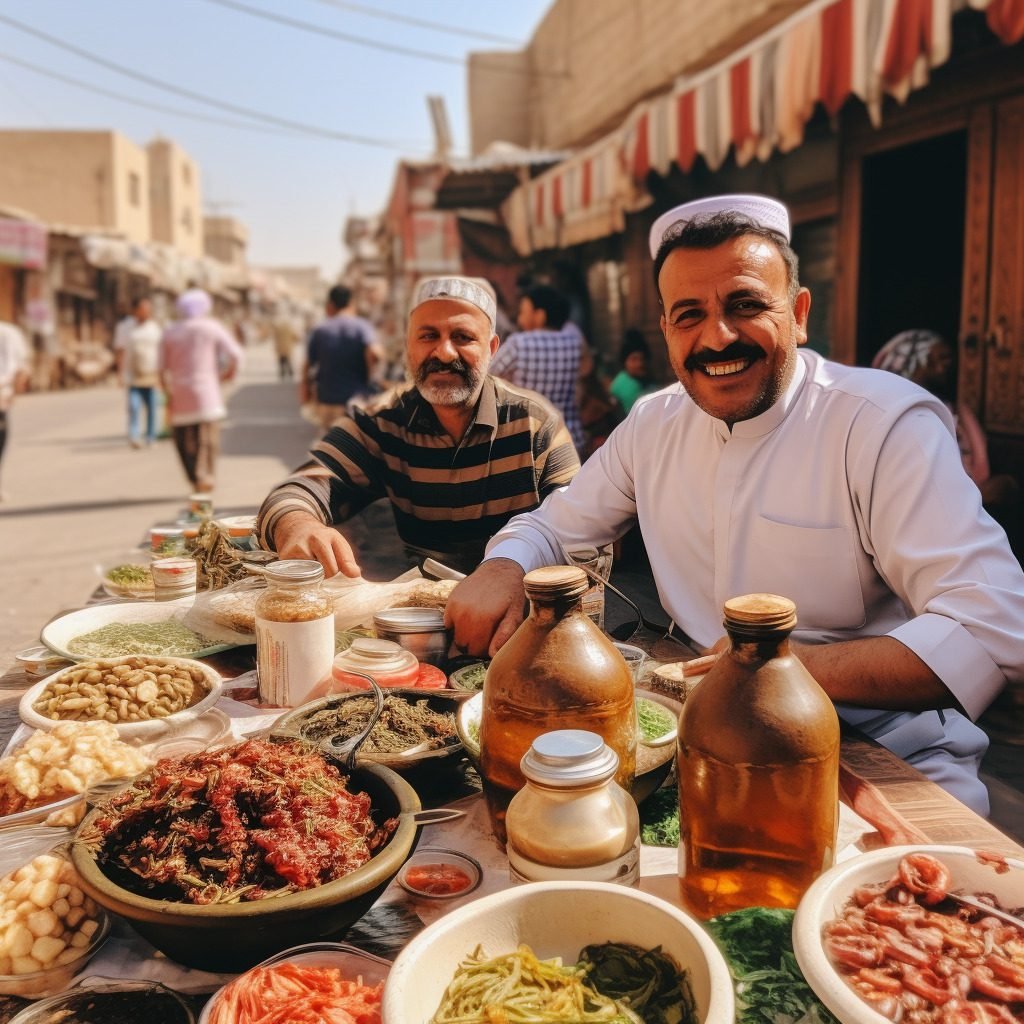Introduction
Traveling to a new country can be an exciting adventure, but it’s important to remember that different countries have their own unique rules and cultural norms. Understanding and respecting these norms is not only crucial for having a smooth and enjoyable trip, but it also demonstrates a level of cultural sensitivity and appreciation. In this guide, we will explore the rules and cultural norms of Iraq, providing valuable insights for travelers who wish to navigate this beautiful country with ease and respect.
Key Elements
Element 1: Dress Code and Modesty
Iraq is a predominantly Muslim country, and while it is relatively liberal compared to some of its neighboring countries, it is still important to dress modestly out of respect for the local culture and religious beliefs. For both men and women, it is advised to dress modestly, avoiding revealing clothing or overly tight-fitting garments. Women, in particular, are expected to cover their shoulders and knees. When visiting religious sites, such as mosques, it is important to dress even more conservatively, with women covering their hair as well.
Element 2: Respect for Islam and Religious Practices
As a Muslim-majority country, Islam plays a central role in Iraqi society. It is important to show respect for Islamic customs and practices. If you are a non-Muslim, remember to avoid eating, drinking, or smoking in public during the holy month of Ramadan, as it is considered disrespectful to those who are fasting. Additionally, always inquire about local customs and ask for permission before taking photographs of individuals, especially in religious settings.
Element 3: Importance of Hospitality
Hospitality is highly valued in Iraqi culture, and locals are often very welcoming and generous towards visitors. It is customary to accept offers of tea or coffee as a sign of respect, so it is advised to graciously accept these invitations. Remember to reciprocate the hospitality by expressing gratitude for their kindness.
Element 4: Personal Interactions and Gender Roles
In Iraq, gender roles tend to be more traditional compared to Western societies. Men and women often have separate spaces for social gatherings, and physical contact between unrelated members of the opposite sex in public is uncommon. It is important to be mindful of these cultural norms and avoid behavior that may be perceived as inappropriate or offensive. When meeting someone for the first time, a handshake is generally acceptable, but it is advised to wait for the other person to initiate the gesture.
Element 5: Law and Safety
It is essential to familiarize yourself with the laws and safety concerns in Iraq before your trip. The country has specific regulations that visitors must abide by, such as restrictions on photography, limitations on alcohol consumption, and laws related to drug possession. Additionally, it is important to stay updated on the current security situation in Iraq and follow the guidance of local authorities and your country’s travel advisory.
Tips for Traveling
- Research and Planning: Before traveling to Iraq, thoroughly research the country’s cultural norms, laws, and customs. Plan your itinerary accordingly, checking if there are any specific guidelines or restrictions for the places you intend to visit.
Dress Appropriately: As mentioned earlier, adhere to the conservative dress code and dress modestly, especially when visiting religious sites or areas with a more traditional atmosphere.
Learn Basic Arabic Phrases: While many Iraqis speak English, it is always appreciated when travelers make an effort to learn some basic Arabic phrases. This can help with communication and enhance your overall experience in the country.
Show Respect for Local Customs: Be respectful and open-minded towards the local culture. Observe and follow the customs and norms, and be attentive to the sensitivities surrounding topics such as religion and politics.
Follow Local Advice and Guidance: Keep updated on the current security situation and follow the advice of local authorities, your embassy, and travel advisories. Register with your embassy or consulate upon arrival and maintain contact with them throughout your trip.
Be Mindful of Photography: Always ask for permission before taking someone’s photograph, especially when it comes to individuals or religious sites. Avoid capturing sensitive or potentially offensive images.
Engage in Conversations: Iraqi people are friendly and love to engage in conversations. Take the opportunity to interact with locals, ask questions, and learn more about their culture, history, and traditions.
Disclaimer
Please note that while this guide provides valuable insights into the rules and cultural norms of Iraq, it is always recommended to seek professional advice, check the official laws of the country, and consult with relevant authorities before traveling. Laws and cultural practices may vary or change over time, so it is essential to stay informed and updated. This article is intended for informational purposes only and does not constitute legal or professional advice. Travelers are personally responsible for their own actions and behaviors while abroad.



